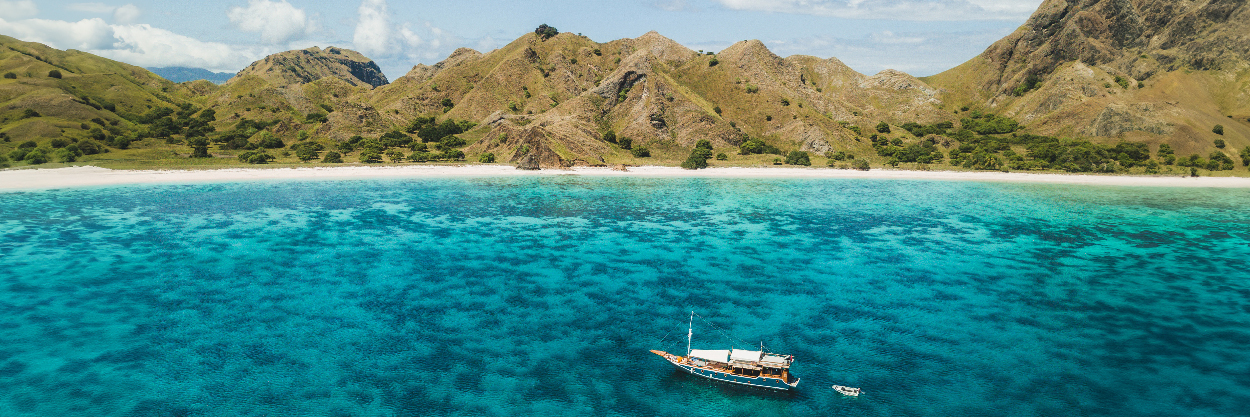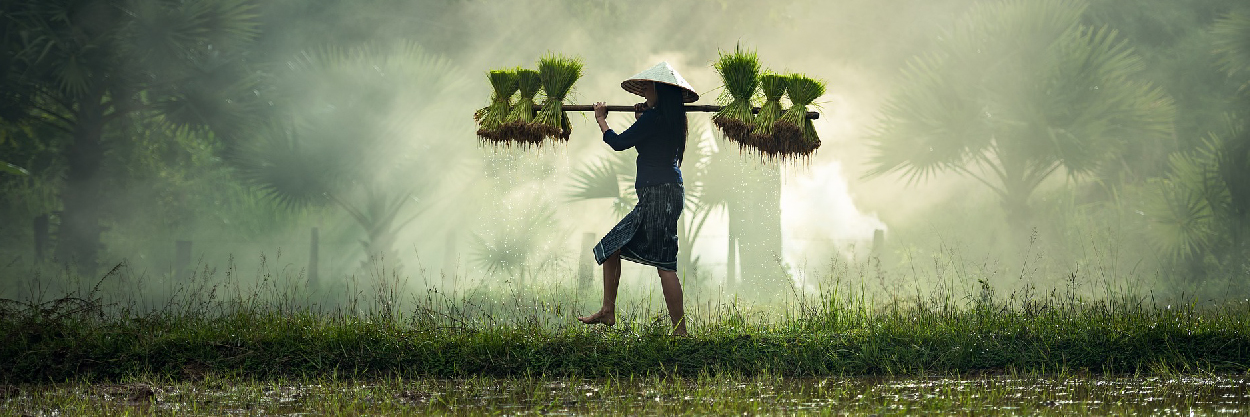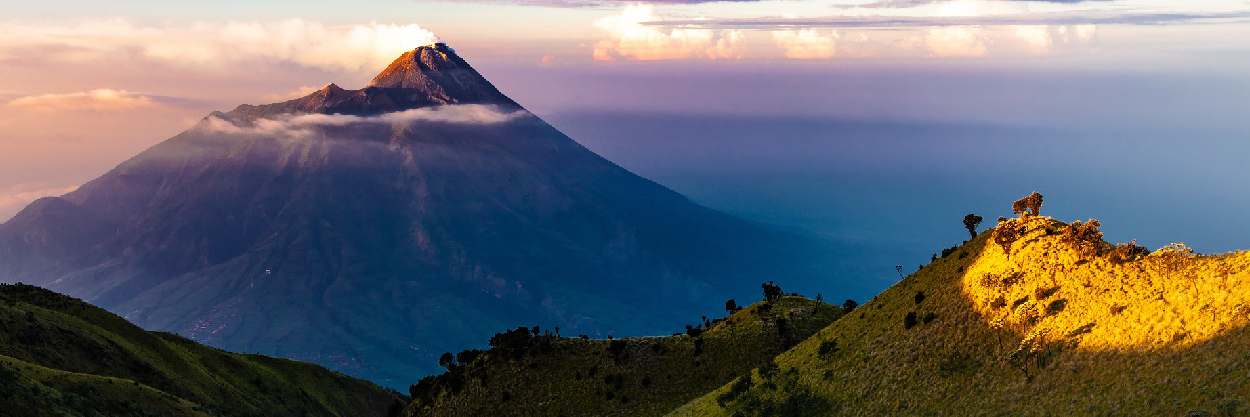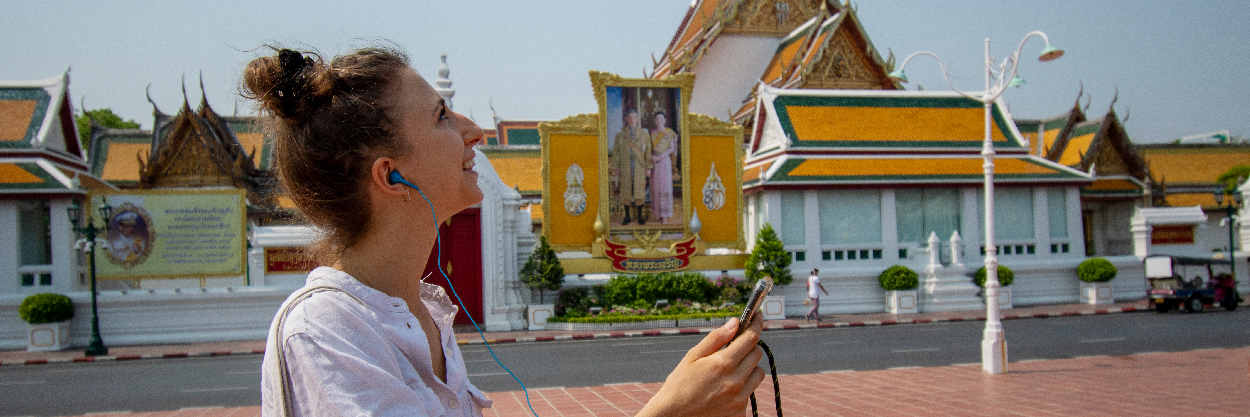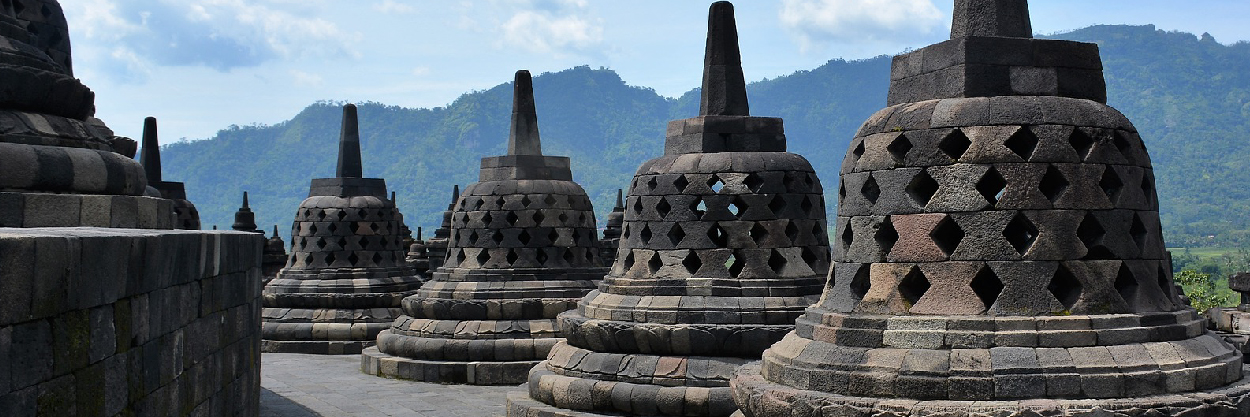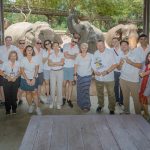A practical journey to sustainable travel
A practical journey to sustainable travel
As part of an intensified drive to upgrade Asian Trails’ group-wide sustainability approach, Ameer Virani has joined us as Group Sustainability Manager.
Holding a master’s degree in Responsible Tourism Management and equipped with a wealth of experience from employment with a DMC, a Cambodian elephant conservation agency and a social enterprise tourism project in Armenia, Ameer is on a mission to take our approach to the highest level.
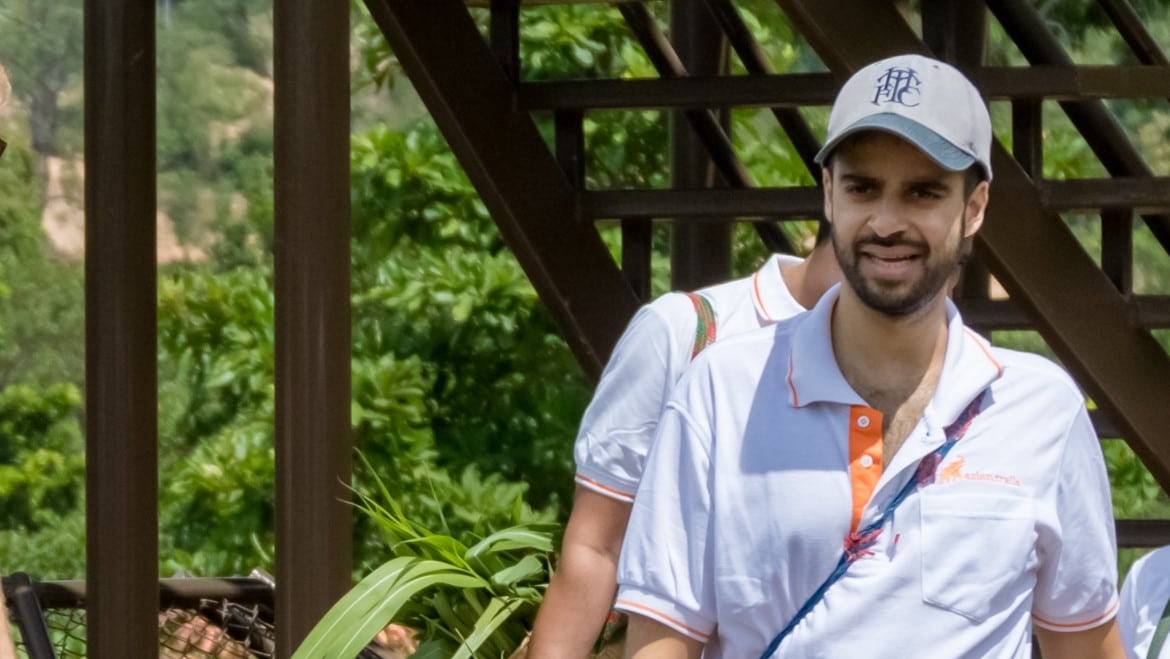
One of his first interventions has been increased intensive monitoring and evaluation to ensure our ‘Sustainable Trails’ – our most impactful excursions – actually deliver without ‘greenwashing.’ The latter is defined as misleading or false information about the environmental impact of a company’s products and operations.
Ameer said: “We need to sell more sustainable tours without having to actually sell sustainability. This means selling the practical aspects of sustainable tourism and raising awareness of how a more sustainable tour generally leads to better experiences for travellers through more meaningful interactions with local people and more immersive activities in nature.”
One venture is to influence people to choose more eco-friendly excursion options. A prime example is our Digital Trails walking tours compared to our private vehicle tours. Besides costing less, the Digital Trails walking tours are more environmentally friendly and offer a more immersive experience.
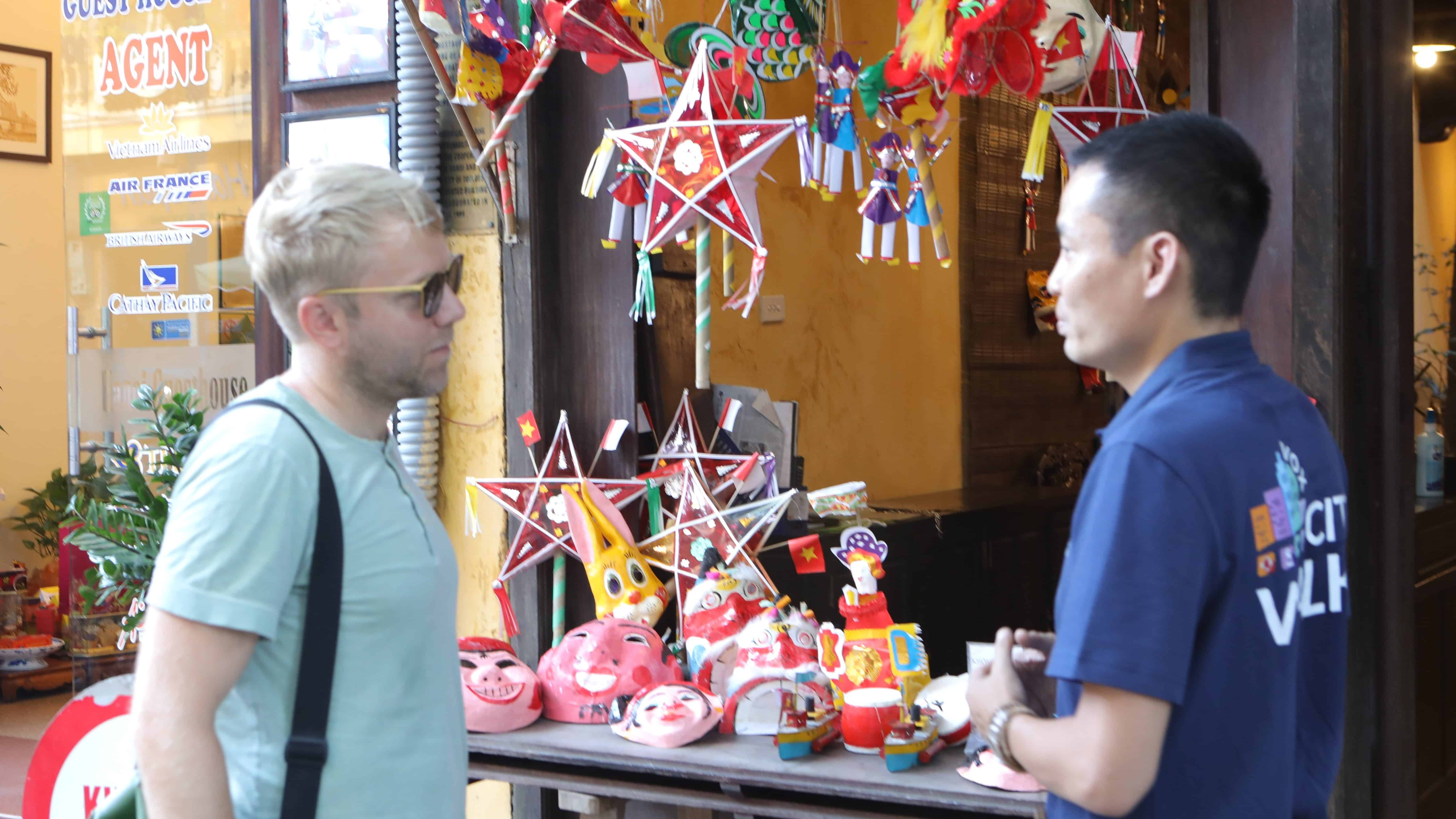
Our unique ESTEEM principles – Eat locally; Stay eco-friendly; Transport alternatively; Experience meaningfully; Empower viably; Make a difference – enable a more holistic approach. As these guidelines cover both socio-economic and environmental aspects, this enhances our ability to deliver more sustainable products and services.
For example, the first principle, ‘Eat locally’ is a highly effective way to promote responsible travel, as inexpensive local eateries, with good quality food, are in abundance across Asia. This patronage also benefits host communities through cash generation.
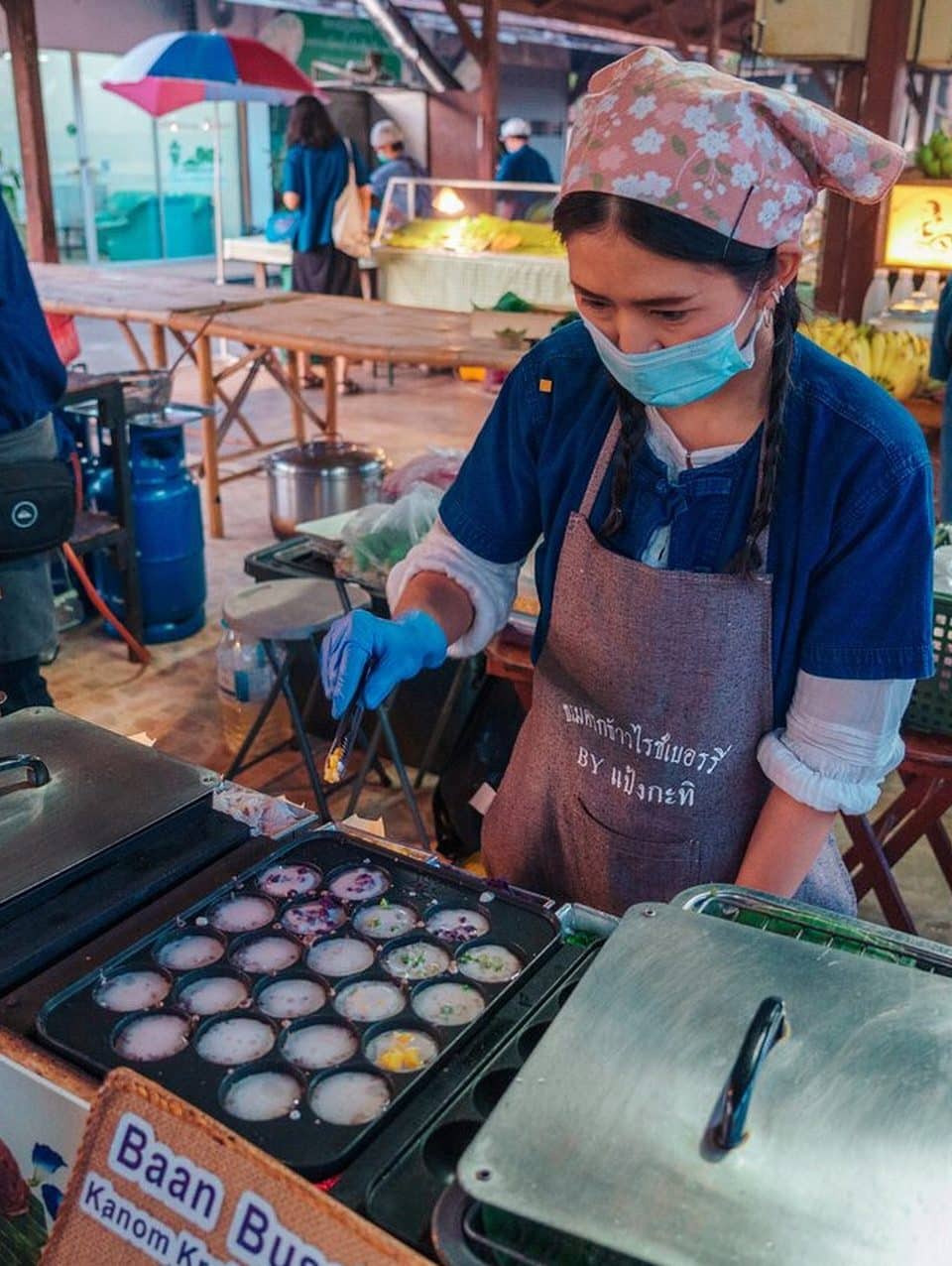


An ongoing objective is building our employees’ knowledge so they can help us achieve our goals. To advance this, training courses, including role-specific guidance, with a heavy emphasis on practical intervention are conducted regularly.
Another issue is the post-COVID-19 response. Many guides left the travel industry during the pandemic and replacements may join with limited awareness. To combat this, our guides undergo specialist training so they can share best practices with our guests, especially recommendations of sustainable places to visit when guests have free time.
A pressing challenge is increasing stakeholders’ awareness of the actual definition of sustainability as a wider awareness of its differing components can make our goals more attainable. For example, there can be a widespread belief that sustainability is solely related to the environment, so there is a need to get people to think more holistically about it.
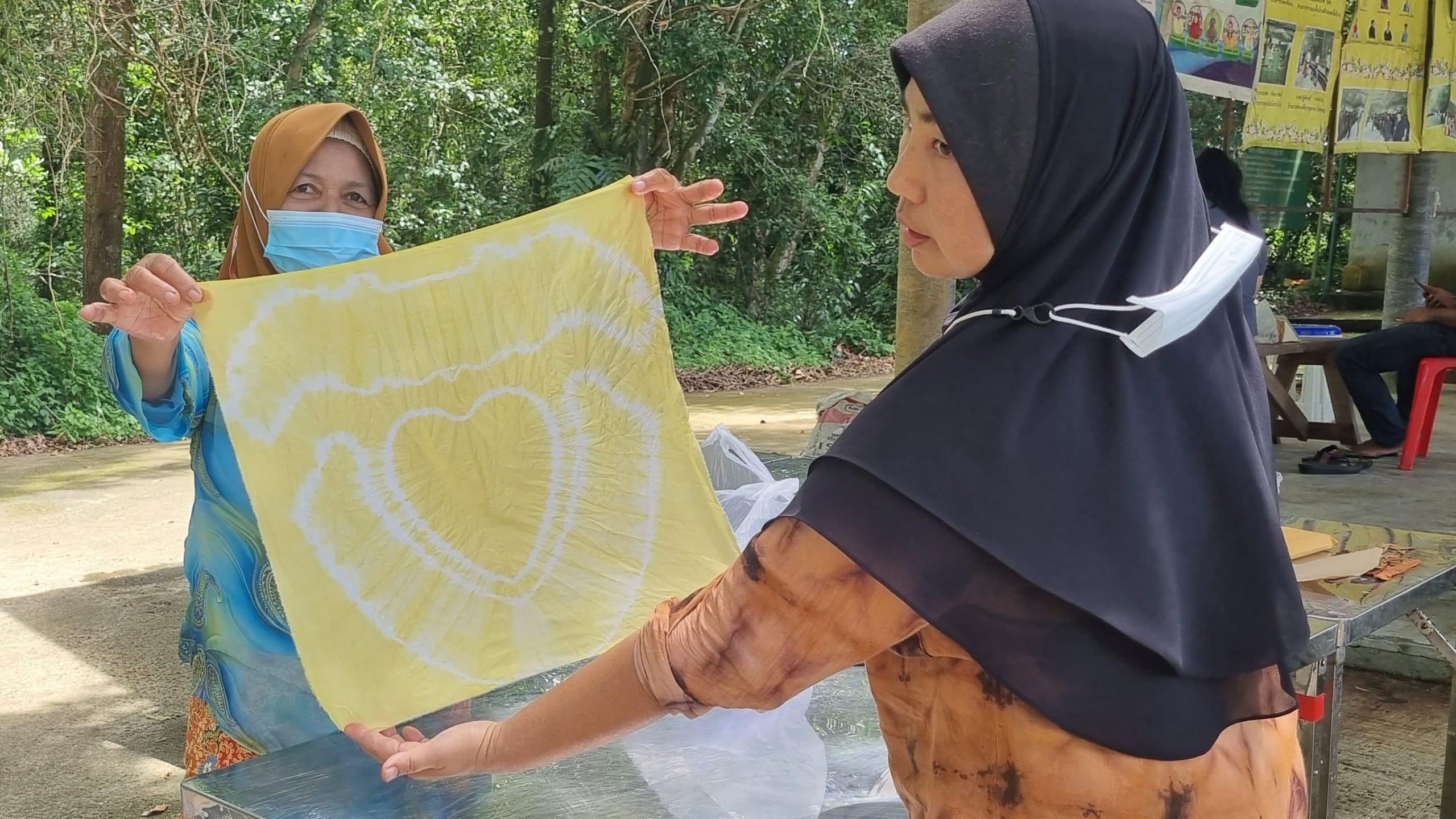
A holistic approach has been incorporated into improving our hotel evaluations so we can identify which of our top hotel partners operate the most responsibly – and drive more business to them. Besides a focus on a hotel’s environmental credentials, we evaluate the social aspects of a business such as how staff are treated and what support, if any, is given to the local community.
We are also investigating cooperation with other DMCs to jointly send questionnaires to hotels, in order to share the workload and results more efficiently.
This collaborative approach can also be extended to working with industry partners to assess and improve their own sustainability performance, as this is essential to our own ability as a DMC to have a more positive impact in our destinations, given the reliance on supply chain partners within our business model.
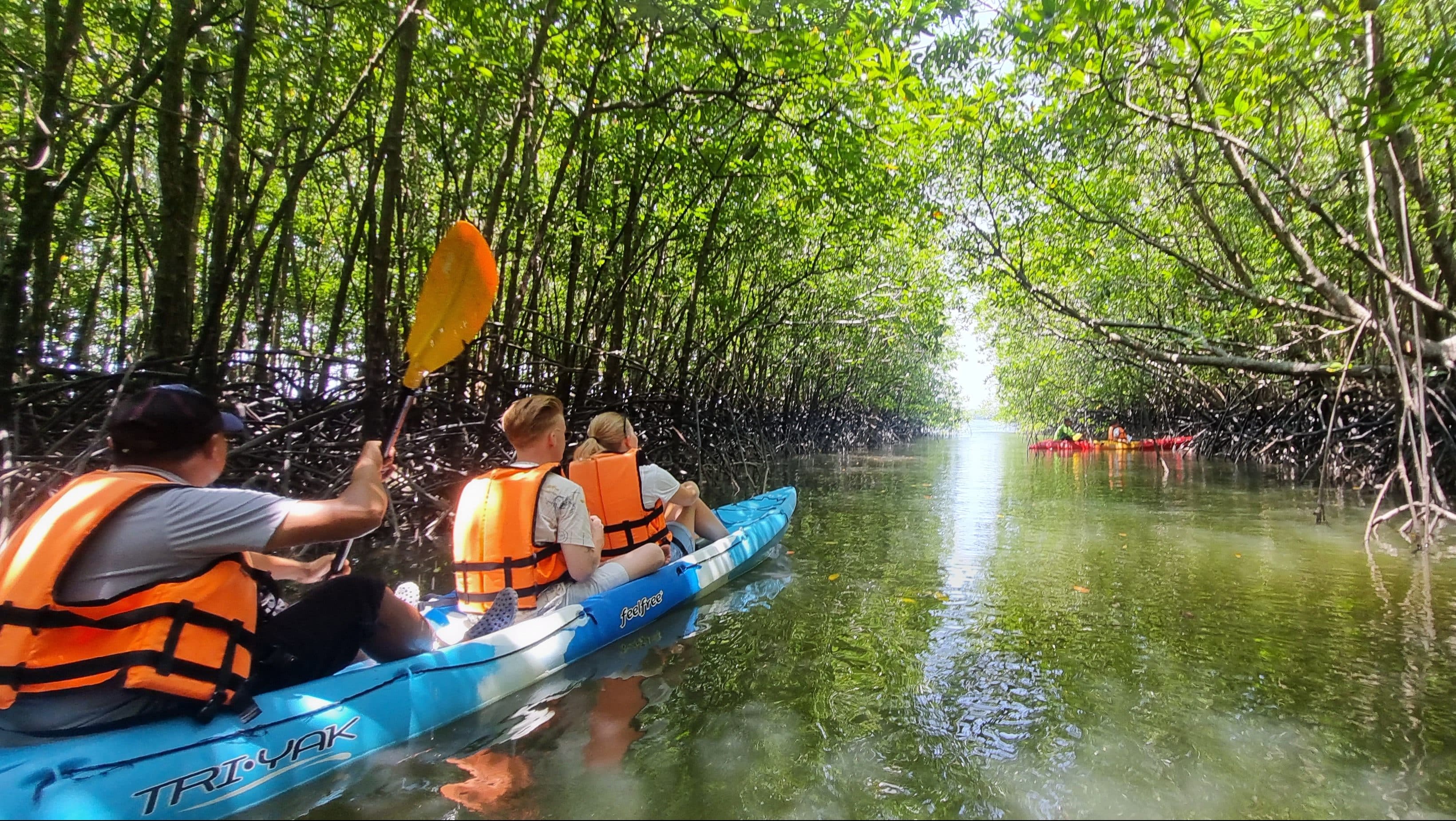
Ameer said: “Our success depends a lot on how much our partners develop and advance. So, the challenge is trying to get them on board with what we are doing and also try to identify and promote the most sustainable partners we have in our destinations because they are essentially the ones that enable us to achieve our own sustainability goals.
“We want to lead from the front but not from the top, meaning that we are very open to learning about our key stakeholders’ challenges and ideas when it comes to sustainability and how we can collaborate to generate action on the ground.”
One of our most important issues is the wellbeing of animals in our destinations. Asian Trails’ teams on the ground use a dedicated questionnaire and other tools to audit sanctuaries, rehabilitation centres and other businesses to ensure they respect animal welfare.

All of these highlighted approaches demonstrate Asian Trails’ deep commitment to making our destinations better places to visit, with benefits for host communities through more responsible practices.
Ameer added: “We cannot expect overnight change but positive incremental change is still a positive change. This approach will ultimately lead to sustainability success for us, which also means success for local people in the destinations we operate in.”




